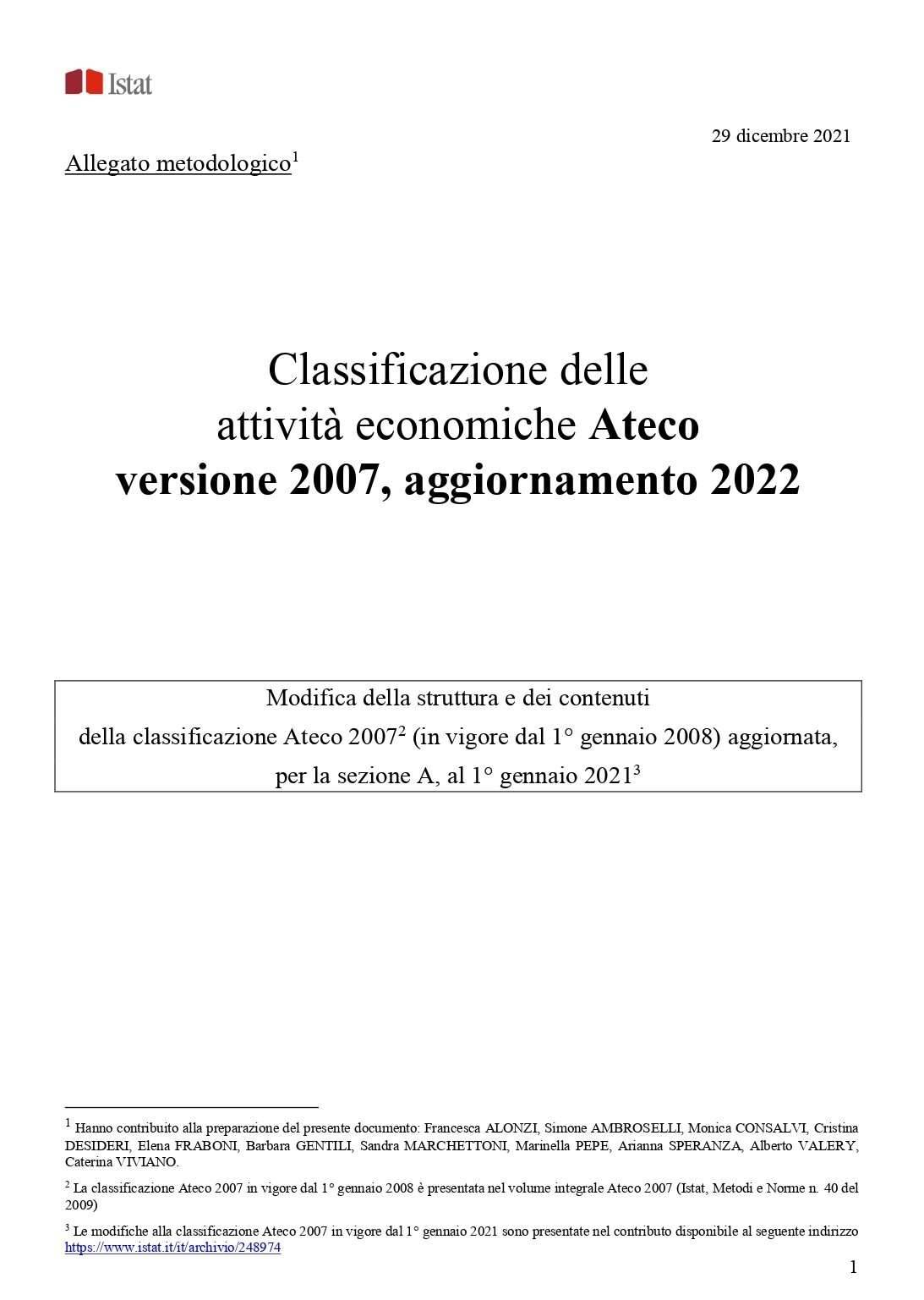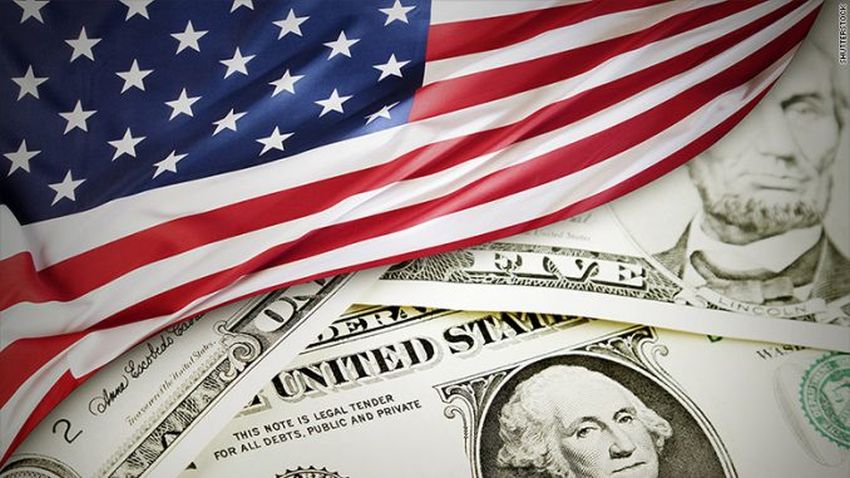A bleak outlook on the security of Russian natural gas supplies could trigger recessions in Italy and Germany this year and increase the likelihood of a major drop in growth rates in Europe by 50%.
The flow of natural gas through the Nord Stream 1 pipeline from Moscow to Berlin has been reduced by 40%.This led to a tenfold increase in commodity prices. Now they have resumed, but the EU still fears a complete halt to supplies. “A continued reduction in energy inputs will affect European manufacturing output, particularly energy-intensive industries such as chemicals, machinery and the entire food and beverage sector,” Goldman Sachs analysts explain.
Exports to Europe account for 28% of US exports and just 3% of the US’s GDP and is “more sensitive to Germany’s growth rate, perhaps because the German economy is more open and oriented towards the manufacturing sector”, experts from the investment bank Usa note. , warned that “Germany’s underperformance this time could have serious consequences.”

A Model for Assessing US Growth with Europe’s Energy Shock
To examine the effects of the European gas crisis on U.S. growth, the researchers developed a quarterly regression model that treated U.S. exports to Europe since 1970 as a function of EU and German GDP growth rates and dollar value and growth variables. Also, to assess the export trend in the second half of 2022 and beyond, analysts from Goldman Sachs considered a scenario where Russian gas flows reached a very low level.
In this case, experts predict that the growth of exports to Europe may decrease On an annualized basis it was -4% in the first quarter of 2023 from +9% in the last quarter. The trend is to reduce the annual growth of US GDP by a quarter percent for each of the next three quarters.

If gas flows go to zero, business confidence will be reduced accordingly“Export growth in Europe will slow to -7% in the first quarter of 2023 and remain negative for the rest of the year”, they estimated at Goldman Sachs, which would reduce US GDP growth by 0.4 percentage points each. Three quarters in a row.
However, the same analysts caution that these estimates do not take into account the potential impact on business confidence and more difficult financial conditions to predict. On the other hand, while these headwinds to growth are affected by supply, the impacts are likely to be more modest, as demand from US exporters will respond to shortfalls in European production.
As a result, “natural gas shortages in Europe will put upward pressure on inflation. “We believe that European energy and essential commodity prices and gas shortages in Europe pose a downside risk to US core inflation, particularly affecting players further down the supply chain,” concludes Goldman Sachs. (All rights reserved)

“Gamer. Professional beer expert. Food specialist. Hardcore zombie geek. Web ninja. Troublemaker.”







More Stories
Vespa from the world, the Philippines on two wheels with George
Europeans, from Ilaria Salis to Mimmo Lucano, grow small Soumahoros
Snow comes and flakes at increasingly low altitudes (mountains) in the Alps and Apennines